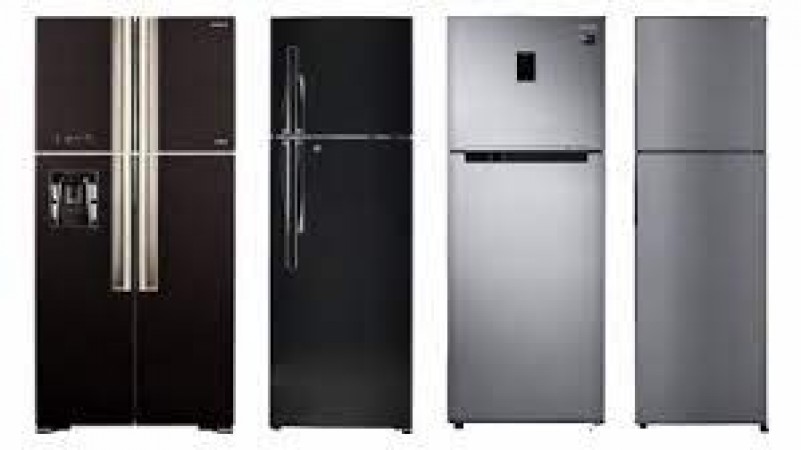
In the world of modern appliances, refrigerators have come a long way from their conventional counterparts. The emergence of inverter technology has sparked a debate about whether inverter fridges are superior to traditional refrigerators. In this article, we'll delve into the key differences between the two and help you determine which one suits your needs best.
An inverter fridge utilizes advanced technology that adjusts its compressor's speed according to the cooling demand. Unlike conventional fridges, which have a fixed-speed compressor that turns on and off, inverter fridges maintain a consistent temperature by smoothly varying the compressor's speed.
Traditional refrigerators, also known as non-inverter refrigerators, employ a compressor that operates at a fixed speed. When the temperature inside the fridge rises above a certain point, the compressor starts, and it turns off once the desired temperature is reached.
Inverter fridges have a significant edge when it comes to energy efficiency. Their ability to adjust the compressor's speed ensures that the fridge consumes only the necessary amount of energy to maintain the desired temperature. This can lead to notable savings on your electricity bill over time.
With inverter technology, the temperature inside the fridge remains more stable. The gradual adjustments in compressor speed prevent rapid temperature fluctuations, keeping your food fresher for longer periods.
Inverter fridges tend to operate more quietly compared to traditional refrigerators. The smooth transitions in compressor speed result in reduced noise levels, making them a preferable choice for quieter living spaces.
Due to the controlled and gentle operation of the compressor, inverter fridges often have a longer lifespan. The reduced wear and tear on components contribute to their overall durability.
Inverter fridges generally come with a higher initial cost compared to traditional fridges. While the energy savings can offset this over time, it's essential to consider your budget before making a decision.
If you're someone who frequently opens and closes the fridge or lives in a household with varying cooling demands, an inverter fridge might be a better choice. Its ability to adjust to changing conditions can lead to better food preservation.
If noise levels are a concern, an inverter fridge's quieter operation could make it a more suitable option, especially for apartments or bedrooms.
While inverter fridges have a higher upfront cost, their energy-efficient operation can result in significant savings on your utility bills over the years. If you're looking for a cost-effective solution in the long run, an inverter fridge could be worth the investment.
Reality: Inverter fridges are designed to be low-maintenance. Their advanced technology actually contributes to more efficient and stable operation, reducing the likelihood of malfunctions.
Reality: Traditional fridges still serve their purpose effectively. If your cooling needs are straightforward, a non-inverter fridge might suffice without the need for additional features.
Inverter fridges are undoubtedly a technological advancement in the world of refrigeration. Their energy efficiency, consistent temperature maintenance, and quiet operation make them a compelling choice for many households. However, the decision ultimately depends on your individual circumstances.
If you value long-term energy savings, quieter operation, and better temperature control, investing in an inverter fridge could be a wise decision. On the other hand, if you're on a tight budget and have simpler cooling requirements, a traditional fridge might suit you just fine.
In the end, both types of fridges have their merits, and the right choice boils down to your specific needs, preferences, and budget. Take the time to assess your situation, consider the factors discussed in this article, and you'll be well-equipped to make an informed decision that aligns with your lifestyle.
From Weddings to Festivals: Choosing the Perfect Jewelry
Unveiling the Best Smart Rings: Features and Options Explored
The Hidden Dangers of Tight Bra Straps: Bra Strap Syndrome Explained